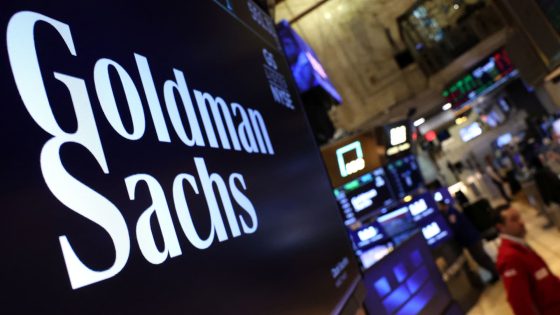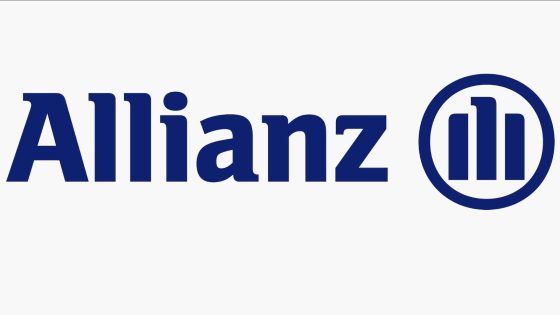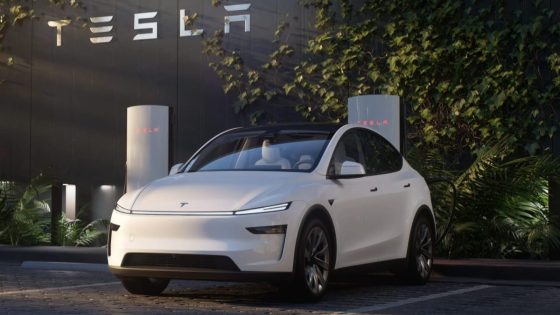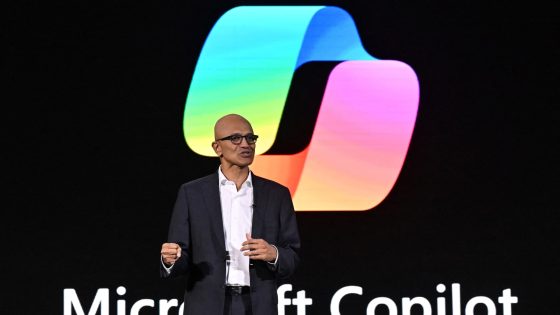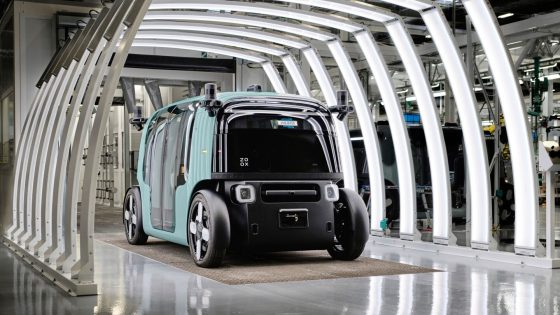Goldman Sachs is making headlines with its groundbreaking move to incorporate artificial intelligence into its workforce. The financial giant has begun testing an autonomous software engineer, marking a significant shift in the banking sector. As of 2025-07-11 13:30:00, this innovative approach could reshape how financial institutions operate globally.
- Goldman Sachs hires AI software engineer Devin.
- Devin automates tasks for human developers.
- AI adoption accelerating in corporate environments.
- Potential job cuts due to AI integration.
- Vision of a hybrid workforce with AI.
- Cognition Labs valued at nearly $4 billion.
The AI, named Devin, hails from the startup Cognition and is touted as the world’s first AI software engineer. Goldman Sachs aims to augment its existing team of 12,000 developers, potentially increasing productivity by three to four times, according to tech chief Marco Argenti. This development signals a broader trend of AI adoption across various industries.
This raises a pressing question: How will this integration of AI affect job security across different sectors? As companies worldwide embrace similar technologies, the implications are profound.
- Financial firms may see a reduction in workforce as AI takes over routine tasks.
- Global markets could experience increased efficiency, potentially leading to higher profits.
- Regions lagging in AI adoption may face competitive disadvantages.
- Employees will need to adapt, focusing on skills that complement AI capabilities.
As AI continues to evolve, financial institutions must navigate this complex landscape carefully. Will they embrace a future where humans and machines collaborate, or will the fear of job loss dominate the narrative?



